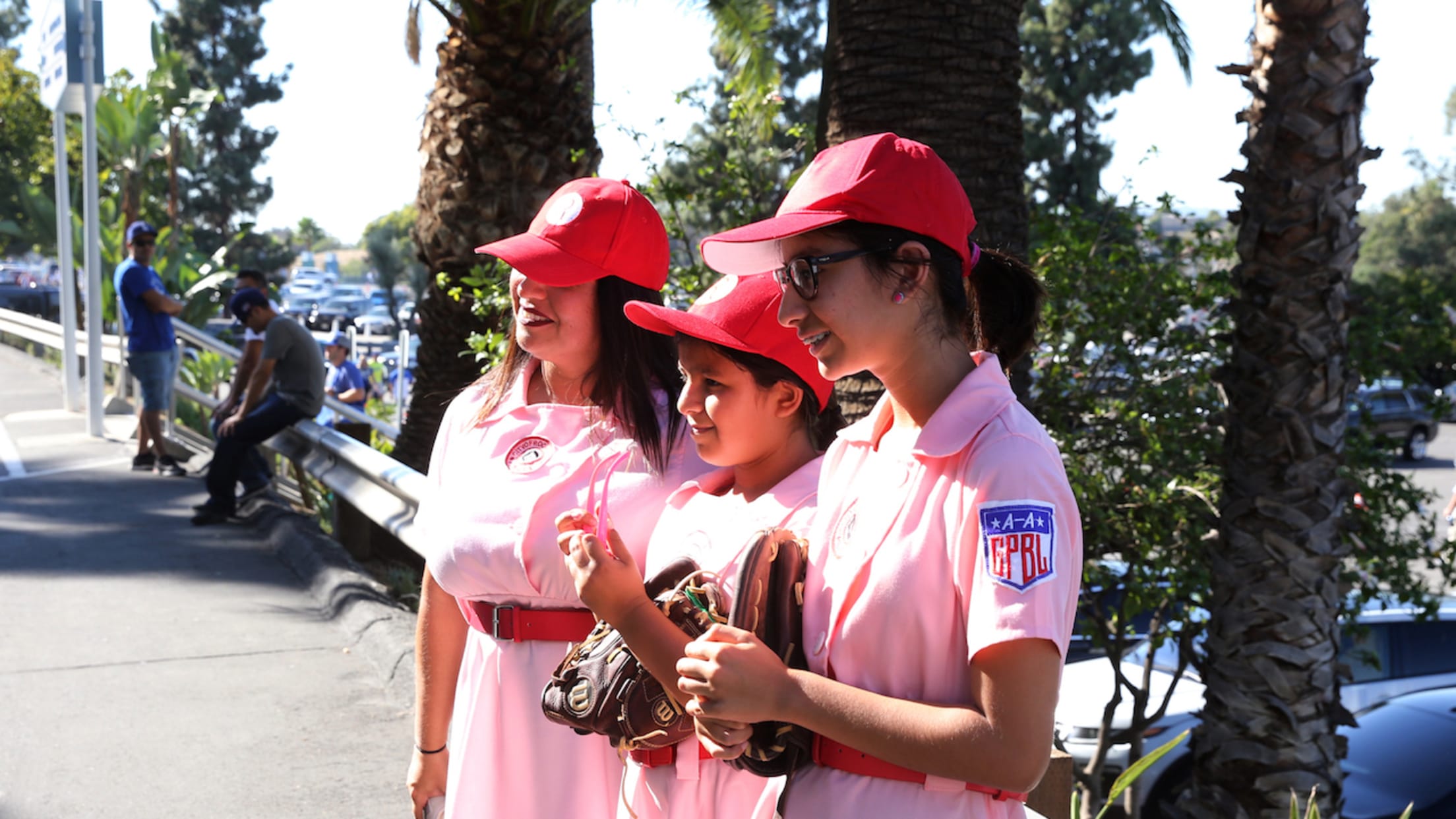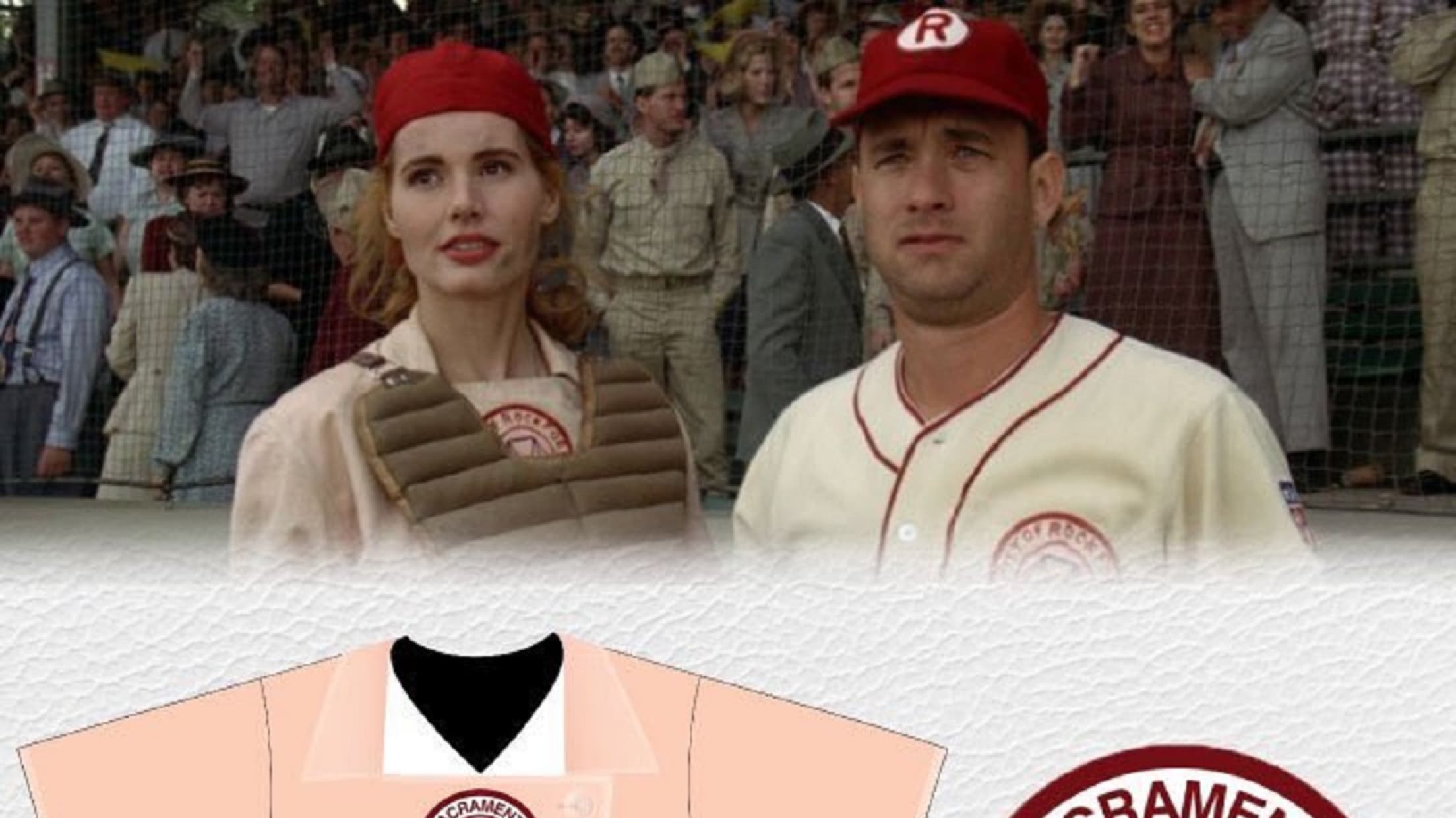Rest in peace Penny Marshall, director of the best baseball movie of all time

Longtime actress and director Penny Marshall passed away on Monday night at the age of 75. She had a hand in all sorts of iconic characters and creations over her storied career, from starring in shows like "Laverne and Shirley" to helming films like "Big." But today, we want to talk about what is, in our humble opinion, her crowning achievement: "A League of Their Own," the story of the All-American Girls Professional Baseball League and the best baseball movie ever made.
To be sure, there's plenty of competition. "Bull Durham" is endlessly quotable, and the final scenes of "Field of Dreams" will make us want to immediately call our dads no matter how many times we've seen it before. But "A League of Their Own" manages to encapsulate everything we love about the game -- the humor, the pathos and everything in between.
It's not easy to combine a tender exploration of the restrictions and rigidity of gender roles with a genuinely thrilling underdog story and a spectacular swing dance number starring Madonna.
And yet, somehow, "A League of Their Own" pulls it off. If you'd like a masterclass in comedy, please enjoy literally any Jon Lovitz line reading:
Is there crying in baseball? No, there most certainly is not. And do you know who taught you that? Tom Hanks as manager Jimmy Dugan, that's who.
Outside of telling the inspiring story of the women who played in the All-American Girls Professional Baseball League, it would be a shame not to recognize how well "A League of Their Own" captured the beauty inherent in, say, just taking batting practice or hanging out in the dugout. The action montages are remarkably realistic, and Dottie Hinson dropping the ball in the final game is every bit as memorable an on-field moment as Roy Hobbs taking out the light tower or Willie Mays Hayes scoring from second on a bunt to win the pennant.
Every frame makes clear just how much everyone involved loves the game, and make no mistake, that came directly from Marshall. While Lowell Ganz and Babaloo Mandel wrote the screenplay, this was Marshall's project -- she picked it up after its original (male) director dropped out, and it was her passion for the real-life AAGPBL that pushed it over the finish line.
But the thing about Marshall's creation that endures, that makes it truly transcendent, is its sense of scale -- and its sense of possibility. Just look at the way it's bookended: The film begins and ends in Cooperstown, with Dottie and Kit and the rest (plus some of the actual AAGPBL athletes as extras) reconvening for the opening of an exhibit in their honor. Marshall was obsessed with a sense of verisimilitude -- just look at all those aforementioned montages, or the actual baseball footage from Doubleday Field that plays as the credits roll -- and it serves to expand our notion of the game and its history, to remind us of just how much they encompass.
Because really, baseball's story isn't just Ruth and Mays and the Shot Heard 'Round the World. It's also all the people on the margins, loving it all the same:





